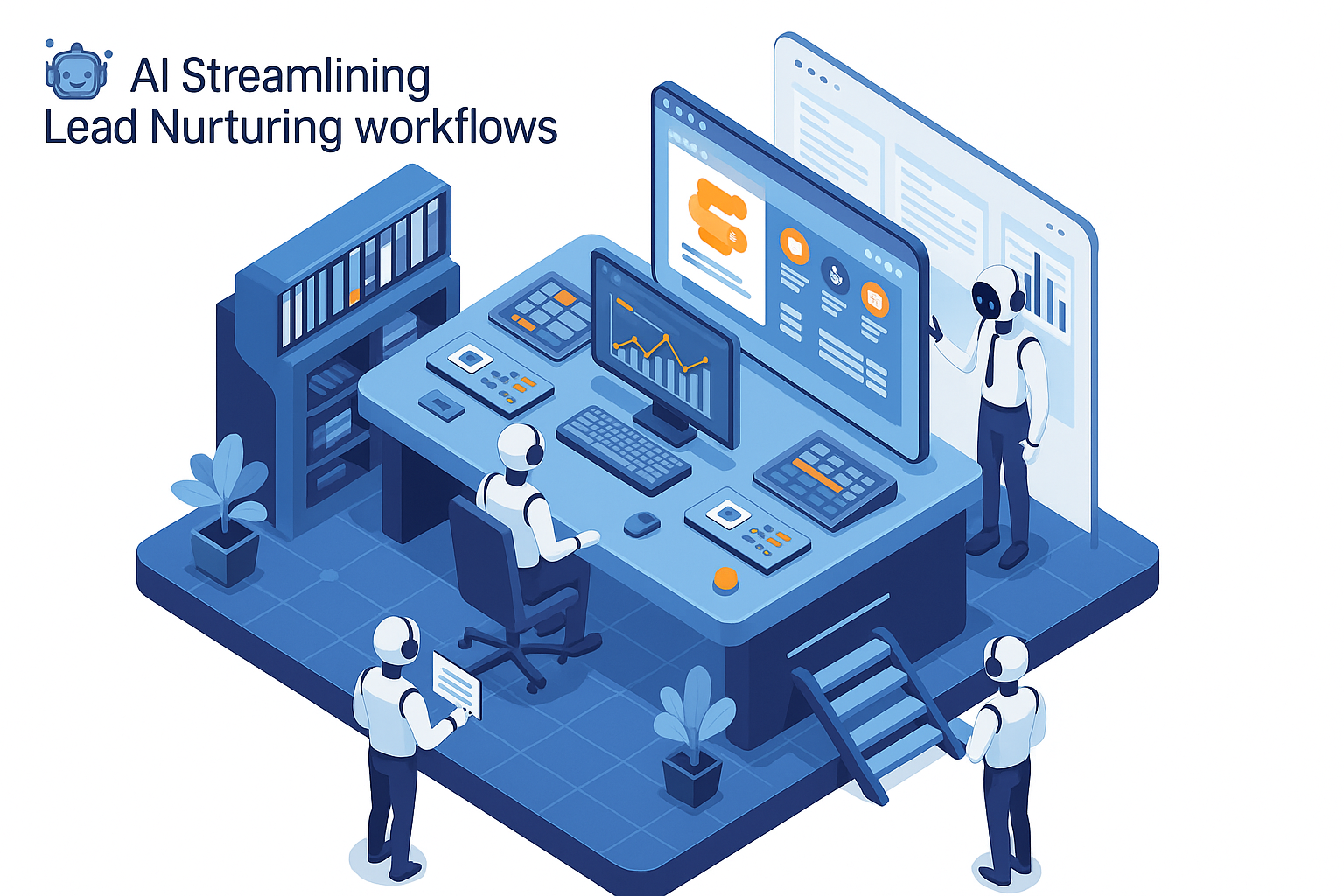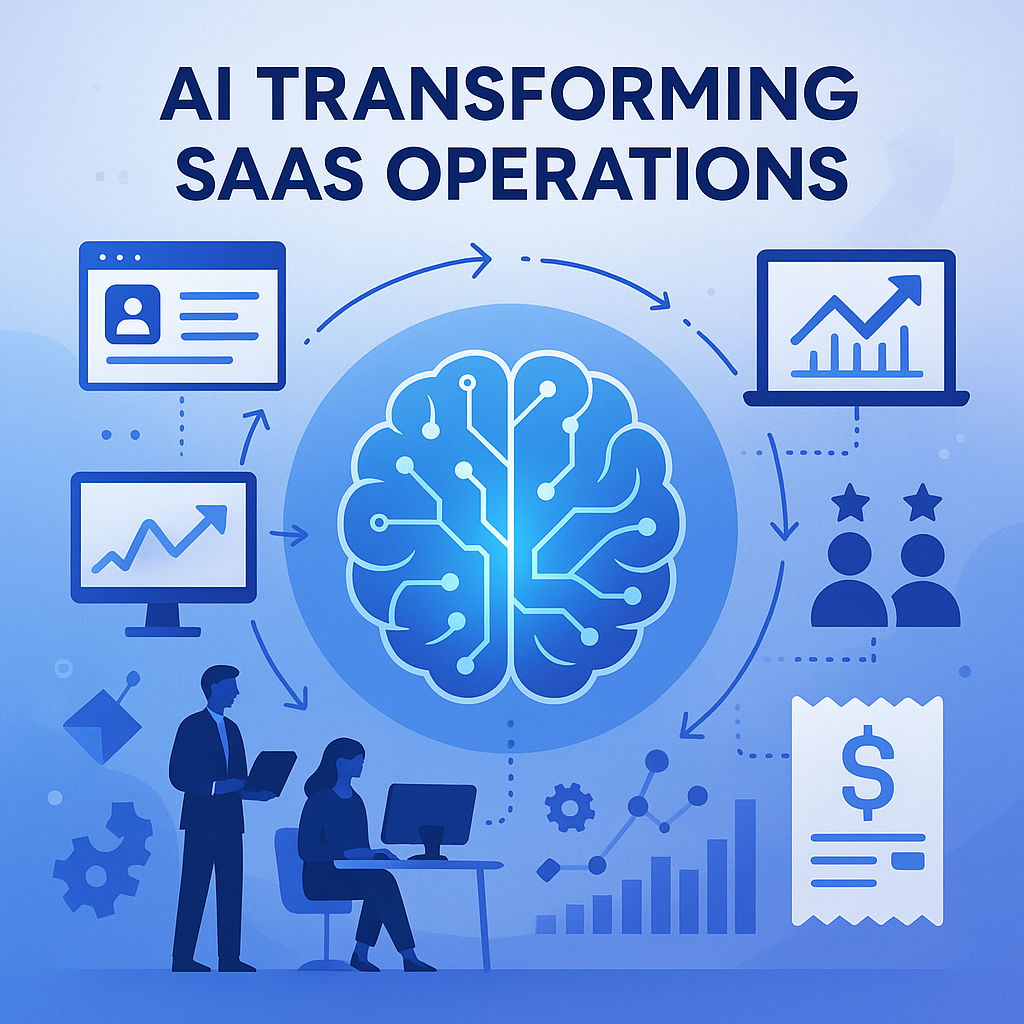In the beginning, I think we’ll see organizations start using AI to make their existing processes a little more efficient. But the real game-changer happens when companies stop and rethink how work is structured in the first place. It’s not just about optimizing things we’ve been doing; it’s about completely rethinking how we do them.
AI has been around for a while, automating some of the manual tasks that used to take up so much of our time. But what makes agentic AI different is that it doesn’t just follow instructions; it can reason, learn, and collaborate.
This is where things get really interesting. Over half of employees are already using AI to enhance their daily tasks, and 72% of them believe it creates real value. This shift shows AI isn’t just a tool; it’s becoming a co-worker, unlocking new opportunities and accelerating growth.

A New Human-AI Collaboration Paradigm
Up until now, we’ve seen AI as something we "pilot," like an advanced tool we control. But with agentic AI, it’s more like a teammate that learns and grows on its own. It’s not just doing what we tell it anymore; it’s working alongside us, figuring out how to contribute and improve.
This shift is creating a whole new way of working, where the lines between what humans and AI do are getting more and more blurred.
From Delegation to Collaboration
In the old days, managers would delegate tasks to employees based on what they were good at or how much time they had. But with agentic AI, the whole delegation process changes entirely.
AI-to-Human Delegation
AI figures out what needs human judgment or emotional intelligence and routes those tasks to the right person.
Human-to-AI Delegation
Employees can assign certain tasks to AI agents, giving them clear guidance on how to handle them.
Collaborative Problem-Solving
It’s not about doing tasks alone anymore; humans and AI can team up on complex problems, each bringing their own strengths to the table. AI adoption is spreading beyond IT, with marketing teams now using AI weekly at an astonishing 80% rate.
Even departments traditionally hesitant to embrace AI like legal are starting to roll with it to integrate AI systems and seeing real benefits.
The most successful teams today aren’t the ones where AI replaces people, but the ones where AI and humans work together to get better results than either could alone.

Rethinking Team Composition
Traditional teams were made up of people with different skills who worked together. But with agentic AI, team structures are becoming much more fluid. Here’s what the future looks like:
AI Team Members
AI agents specialize in everything from analysis to coordination, handling tasks more efficiently than traditional workflows could.
AI-Augmented Human Roles
People now leverage AI to do their jobs even better, enhancing productivity and effectiveness.
AI Orchestrators
Humans guide and optimize AI to align with the broader goals of the organization.
Human Quality Review
People double-check AI’s work, ensuring its outputs are aligned with human judgment and expectations.

In a software development team, instead of replacing developers, AI agents are brought in to handle specific tasks like generating code, automating testing, or maintaining documentation. The result isn’t reduced headcount but a massive productivity boost.
More work is getting done with better results, allowing developers to focus on creative problem-solving and complex tasks that require deep expertise.
The New Digital Workforce: Understanding AI Agents
To understand how agentic AI is reshaping work, it’s crucial to know the different kinds of AI agents that are becoming part of the digital workforce:
Knowledge Agents
Think of these as the brains of the organization. They store and share knowledge, apply policies, and connect the dots between different areas.
Task Execution Agents
These agents handle the nitty-gritty details of repetitive tasks, like data entry or customer queries. They do it consistently and without getting tired.
Orchestration Agents
Orchestration agents are the project managers of the AI world, ensuring everything runs smoothly and everyone is on the same page.
Learning and Improvement Agents
These agents focus on analyzing workflows, spotting areas for improvement, and suggesting changes to optimize processes.

Reimagining Core Business Processes
As AI agents start to get involved in more and more aspects of work, they’re transforming key business processes. Here are five core processes that are undergoing a makeover:
Decision-Making
Gone are the days of endless meetings and back-and-forths. AI can analyze data and present you with options in real-time, cutting decision-making time down drastically. Businesses that adopt AI now find themselves making data-driven decisions in hours, not weeks.
Knowledge Management
Forget about searching through dusty old documents. Knowledge agents now give you the right information at the right time, directly aligned with the task at hand.
Customer Engagement
AI agents make customer experiences more seamless by keeping track of everything without switching between departments or repeating yourself. Customers now receive personalized and efficient service, with no delays or miscommunications.
Innovation and Development
Teams can now move faster than ever, with AI helping them test, iterate, and roll out new ideas more quickly. AI is reducing time-to-market, allowing teams to innovate without the bottlenecks of traditional development cycles.
Talent Development
AI can also help personalize learning, making sure employees get the right training at the right time, rather than waiting for yearly reviews. AI-driven learning programs ensure every employee's development is tailored to their specific needs and performance patterns.

Organizational Implications: Structure, Culture, and Leadership
With AI agents becoming a bigger part of the team, how we organize and lead companies is changing too. Here’s how:
Flatter, More Fluid Structures
AI takes over some of the coordination and decision-making that used to require layers of management. That means less overhead and more room for specialized knowledge to shine.
New Leadership Skills
Leaders will need to understand AI, know how to manage human-AI teams, and oversee AI’s ethical use. AI literacy will become a must-have for anyone in leadership.
Cultural Shifts
Companies will need to embrace a culture of continuous learning, transparency, and collaboration with AI. More than tech, the double quotes is in a mindset where AI is seen as a team member just like any other.

Managing the Transition: Practical Implementation Strategies
To make the most of agentic AI, companies need to approach it thoughtfully:
Start with Augmentation
“Replace people!” — this is the last thought you should have in mind, AI exists to make people work better and become major force multipliers across any department. This builds trust and ensures that employees are not threatened by the technology.
Progressive Learning
Introduce AI in stages, learning from each phase before expanding further.
Interface Design
Make sure the tools humans use to interact with AI are intuitive and easy to understand. The best AI systems are those that feel like second nature.
Transition Support
Offer training and create new career paths as roles evolve. Human-AI collaboration requires a cultural shift, and organizations need to support employees every step of the way.
Governance
Ensure AI systems are being used ethically and are delivering results aligned with company values. Transparent AI usage ensures accountability and builds trust within teams.

Looking Forward: The Next Evolution
The future of agentic AI holds even more promise. We’ll see agents becoming more autonomous, working together in networks, and enabling entirely new ways of organizing work.
Conclusion: Human-AI Symbiosis as the New Competitive Advantage
The companies that will thrive in the future won’t be the ones replacing humans with AI.
They’ll be the ones that figure out how to make humans and AI work together, each complementing the other’s strengths. It’s not just about getting more done; it’s about creating better outcomes for employees, customers, and society.
AI isn’t just about getting things done. It’s about enhancing human creativity and productivity. The future of work will thrive in human-AI partnerships that elevate both sides.

%20(3615%20x%202415%20px)%20(15).png)




